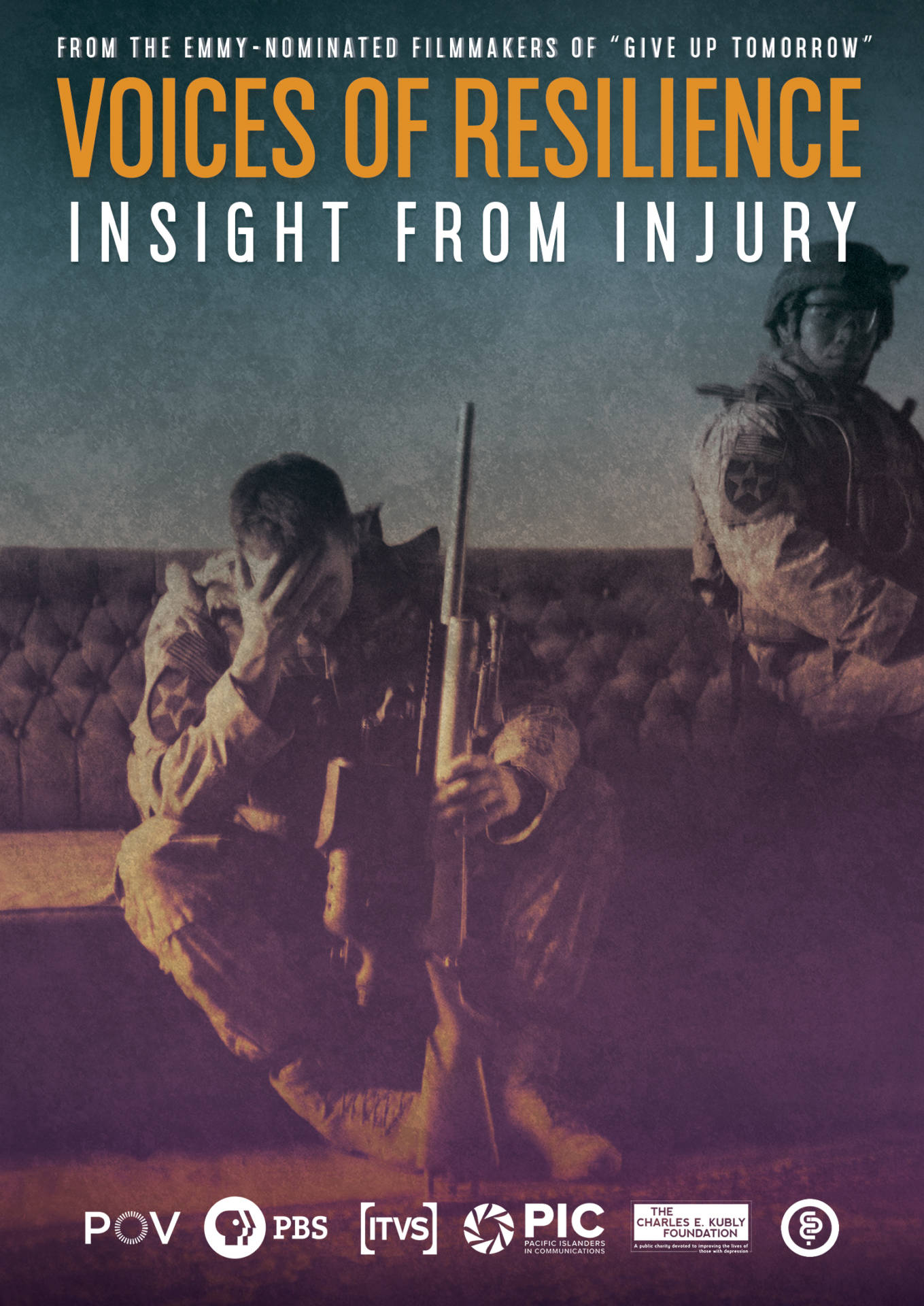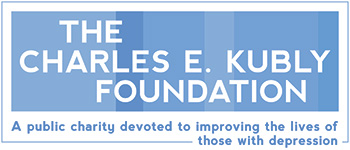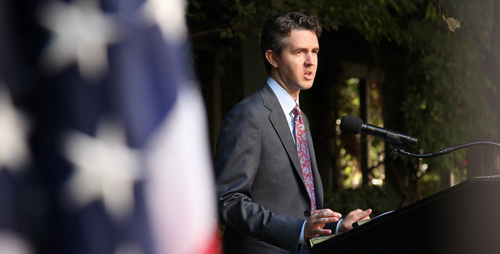As a veteran of the war in Afghanistan, Almost Sunrise piqued my interest. As an advocate for more accurate portrayals of veterans on screen, the film drew me in. The reason I was so capture was the way the film introduced a concept unfamiliar to many Americans: moral injury.
As the subjects of the film, Tom and Anthony, made their way across the country, director Michael Collins explicitly and effectively wove in both the definition of moral injury and examples of how it impacts returning veterans. Crucial to this lesson, was the differentiation between moral injury and post-traumatic stress disorder—which Collins demonstrated clearly.
The result of Collins’ deft use of story and language to shape the moral injury conversation offers a clear conclusion that the burden of moral injury amongst veterans rests squarely on the shoulders of American citizens. It is not a condition for veterans to handle individually or within their own insular ranks. Rather, moral injury is tied directly to the way in which our communities receive veterans as they return home.
According to Collins, the focus on moral injury in the film was inspired by other works, such as David Wood’s groundbreaking book What Have We Done. In the wake of the film, the conversation has continued across numerous media platforms, including a recent article in The New York Times.
In early 2017, I was lucky enough to join the Almost Sunrise team as an consulting producer. One of my responsibilities was to help Collins and his staff advance the conversation on moral injury that had been established by the film. We were honored when PBS and one of the film’s executive producers, POV, asked us to create a short film that would serve as a companion piece to the broadcast premiere of Almost Sunrise.
Our goal with this short film, which we entitled Voices of Resilience, was to dive deeper into the causes of and solutions for moral injury with a distinct focus on society. We assembled a litany of subject matter experts—so many great voices, in fact, that we couldn’t include them all in the broadcast version of the short film—who offered brilliant insights into the reintegration of veterans and society’s role in war.
A primary motivation for this short film and two additional online extensions of the content was to inspire more conversation on the responsibilities of all citizens in times of war. Not only does this content provide unique opportunities for additional dialogue, but also, through the brilliance of the contributors, it establishes a moral imperative for citizens to be more engaged with our county’s military actions and foreign policy.

Take for instance the words of retired Army Lt. Col. Jason Dempsey as they appeared in Voices of Resilience.
“There is no engagement from the general public about what we’re doing. Because Americans say, ‘Man, I’m not sure I agree with what’s going on in Afghanistan. I don’t know if we should be spending a lot of money there. But you know what, all those guys and gals in uniform, they’re willing to go fight and die for it. So, if they’re cool with it, I’ve got to respect them. I’m not going to get involved.’
“That is an abdication of citizenship.”
Lt. Col. Dempsey demonstrates how the underlying cause of moral injury is the role—or lack there of—society plays in sending our military to war and bringing them home. His point is redoubled by Army veteran Mike Breen, who leads the Truman National Security Project.
“When you sign up for the military, you’re engaging in a massive act of faith in your neighbors—the good judgment of your neighbors and the functioning of our democracy. They choose when you face…battle, not you.”
To carry the conversation even further, PBS offered us space on their online platform to take on related issues like military families and women in combat—both social and military policy priorities. These clips further opened up the aperture on war in today’s society and were an important part of a well-rounded conversation.
To put it mildly, most Americans are disengaged from the actions of the military and our country’s foreign policy. It was crucial that Almost Sunrise and the companion content pieces were able to bring this issue to light and offer some measure of reconciliation between the veterans who are dealing with severe moral injury and the society that plays a crucial role in their healing.
Perhaps there is no better way to cap off the conversation—and to carry forward the debate—than with the parting words of Lt. Col. Dempsey.
“If you’re not critical of the military, then you don’t respect it. If you are not critical of our foreign policy, you don’t understand it. And if you’re not any of those things, then you’re failing the fundamental obligations of citizenship. And that’s what’s missing. … That’s why we have moral injury. It is because we have lost any idea of what citizenship means when it comes to sending young men overseas to fight and die on the nation’s behalf.”
There is more work to be done. Join the conversation at: www.pbs.org/pov/almostsunrise.
–Chris Marvin, Executive Producer of Voices of Resilience: Insight from Injury


